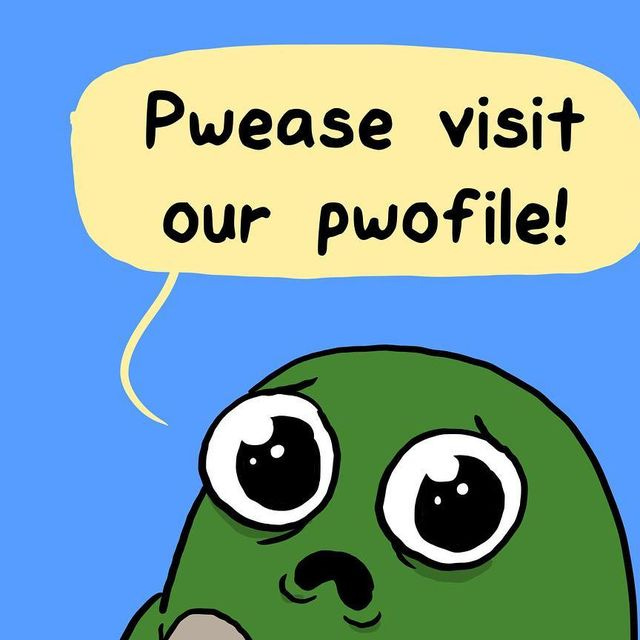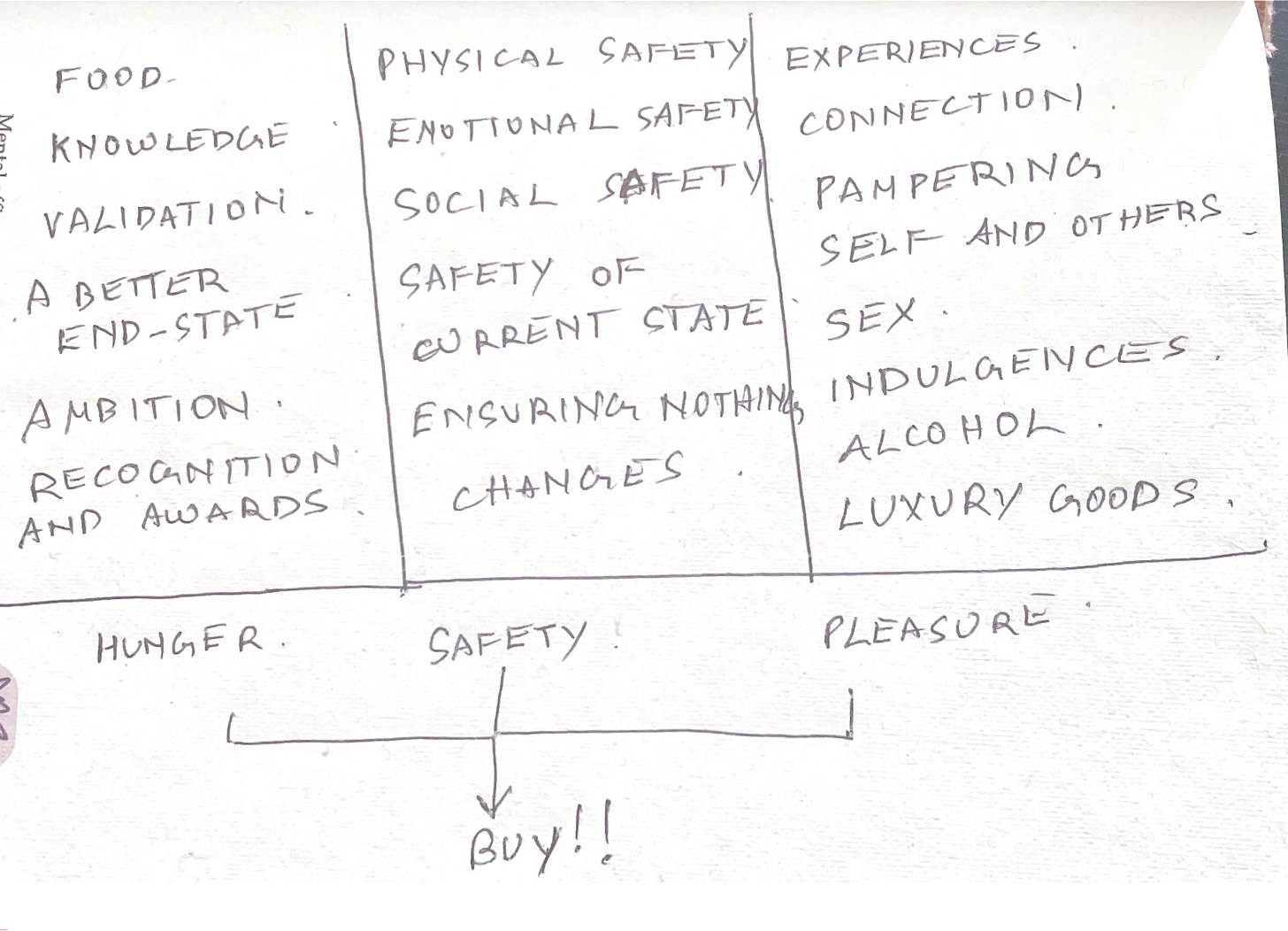Is this the year when digital marketing dies?
I've had this topic on my mind for over six months. But of course, in writing, timing is everything. A bunch of instances this past week have finally given me enough meat to work with. Enjoy!
[This post has GIFs. For a better reading experience, please consider opening it on your browser.]
Digital marketing is having an identity crisis. The true extent of it will only be visible two years from now.
Before I expound on my self-destructive prophecy, here are a few stories that have been rattling around in my head since I first thought of writing this article.
Zomato puts up a cheeky hoarding to counter Blinkit’s own cheeky hoarding in India. A picture of these hoardings goes viral online and turns into several fascinating memes.
A SaaS company, considering which marketing channels to amplify, discovers that social media is in fact the cheapest, most revenue-generating of them all.
Two Direct To Consumer eCommerce brands, one selling health products and another selling fashion accessories, shut down because they are unable to keep up with the ad spend needed to get people to buy online.
A startup founder asks what it might take to cut costs and replace their entire marketing team with ChatGPT.
One of my favorite creators on Instagram talks about how the platform’s falling reach is making it unsustainable to be a comic creator full-time. Something about that comic breaks my heart.
Ironically, though, I do not follow this page on Instagram as I am severely overwhelmed by all the other pages that I do follow.
In the same week, I begin writing this substack newsletter. I don’t know exactly why, but it is fun and easy and allows me to put my writing and podcasts in the same space.
Meanwhile, a thought leader on LinkedIn finds that the moment they talk about their products and solutions, people suddenly leave.
So, what’s going on?
Digital marketing always went after the wrong things
The promise of knowing exactly what each customer on the buying journey was up to was always a utopian dream. Maybe we didn’t really think this through, or maybe hindsight is 20/20.
But I cannot believe that there was a time when we didn’t realize that in a market with the opportunity to sell absolutely anything, the barrier to selling it would only rise higher. That is literally Economics 101.
Even today, we turn to LinkedIn like moths to a flame, knowing that the last two social media channels where people invested their time and got paid in likes, reach, etc. are now penalizing the same creators into doing more than they can, or should.
But people are exactly the same even in their differences
The fundamentals of selling haven’t changed since the industrial era- have a value proposition, make it compelling, and follow up like crazy.
My dive instructor has the habit of explaining an extremely complicated, zone-out-worthy piece of information for five minutes straight, and then finishing his monologue with, “Simple as that!”
If the fundamentals were indeed that simple to execute, we wouldn’t be where we are today. In our demographic and psychographic segmentation, in our Sales Sally and Heather from HR, lacks the depiction of an actual human being.
And an actual human being, quite simply put, does not care.
Their everyday task list does not entail waking up and ruminating for long hours on whether your product has 6 features instead of 10. What their task list does entail is wondering how to solve that niggling issue that is going to blow up in their faces and become a massive problem any minute now.
It doesn't matter what you do- the sense of wanting something else/ a different outcome is the only driver for doing absolutely anything at all.
In delivering a story, timing and balance is everything
Seems too simple, right? Yeah, I felt that way too, which is why I made this poorly drawn illustration to see if I’m making any sense.
As an experiment, I also looked at all of the purchases I made over the last one month, and yes, they all fall into one of these three main categories.
Now that we know that about ourselves, let’s talk about timing. Me telling you, “Hey, you have a big marketing problem” is not going to mean anything to you unless you just spent a bunch of ad money and came back with nothing to show for it.
When you know that the job is to sell some very strong emotions, you can’t keep at it four times a day. You will exhaust yourself and you will exhaust the consumer. And the last thing you want to do is make someone desensitized to their own problems (we have social media for that, don’t we?)
But, but….how do we pander to the algorithm? How do we keep up with people who post every day, often several times over?
Please go back and read the earlier section.
Why do you care whether someone is getting a few hundred likes more than you do? What are people saying about you when you post something? Are they telling you in comments and DMs that this is valuable to them? Are they telling their friends that you are someone to listen to?
Eventually, platforms always consolidate in one of two ways- you pander to the algorithm and end up with a few thousands of followers who usually do nothing for your business, or you do what you know how to and build a few meaningful connections who know what you sell and when to reach out to you with their problems.
Even if your business is the business of influencing people, you will very quickly find that companies want to work with influencers that have better engagement, not necessarily the most number of followers. And if you’re in the business of selling stuff, then you know that to be trusted is way better than to be popular.
The real question is, what can you keep doing irrespective of all of this?
Your reach will fall.
Yes, even on LinkedIn. Eventually.
People will leave when you start pitching services and products. Who doesn’t love lunch until it is free?
Ads on platforms will continue to get more expensive.
The right channel for you is one where you can outlast all of these things. And that choice is heavily dependent on what you are hoping to sell. A capital-intensive business is capital-intensive because it demands that you make certain investments upfront. Marketing a business like this is unlikely to be any different. Do you have a huge amount of capital that you can invest upfront for years before seeing any return? Then paid ads may be just the thing for you.
Do you have a near-inexhaustible capacity to pull one out of the hat, and do you actually enjoy creating content as much as you enjoy creating the product itself? Your content marketing effort will most definitely succeed, assuming you also perfect your process over time.
Are you phenomenal at relationship building, and can remember everything about everyone? Manual outreach can still be a great way for you to succeed, both online and otherwise.
The question never was about whether digital marketing was right for you. That’s a bit like asking whether a laptop is right vs. a mainframe computer. The world has moved on and digital marketing is like Thanos.
So as excited as you are about the business, can you get just as excited about the part where you have to sell it- and sell it with great gusto and conviction? Because people don’t change too much- they’d still much rather shut the door in your face unless what you’re peddling has the ability to change their life, preferably overnight.
If you can accept that, you’re in that perfect balance of outsourcing the marketing activity and not the marketing function. The big picture is always going to be about you, digital or otherwise.
So yes, digital marketing where you get to see the open rate and the click rate and your SEO ranking at a specific point in time is dead, or at least sufficiently pointless as to be declared dead soon.
But digital marketing that you’re willing to stake your life on for the next few years? That one is very, very alive.
Looking for someone who can hype up your marketing team while also helping them set and pursue the right goals and expectations? Reach out to me to discuss a workshop or a speaking opportunity.






